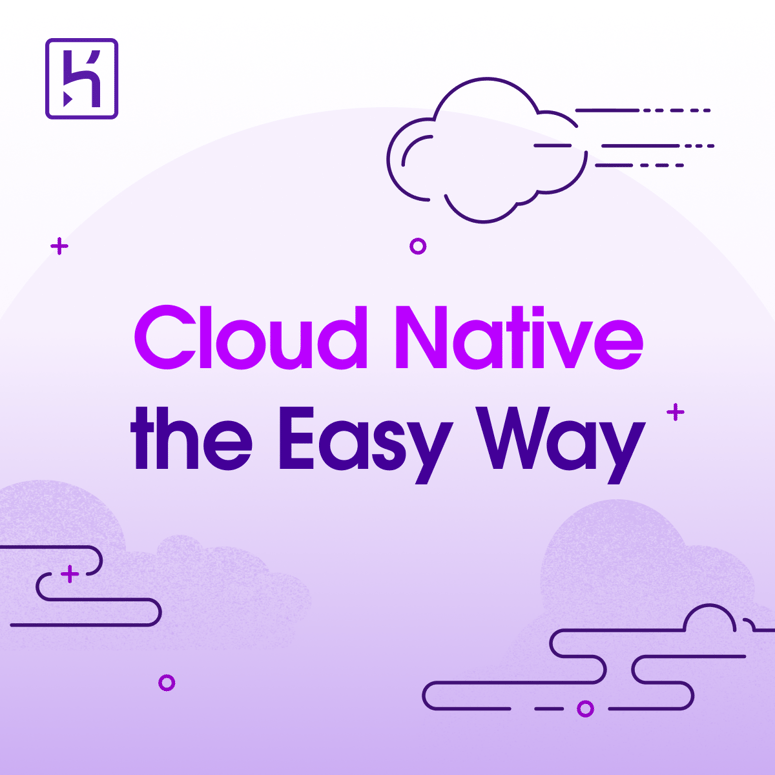Best Keyword Research Strategies for SaaS: A Comprehensive Guide
In the highly competitive Software-as-a-Service (SaaS) industry, effective keyword research is crucial for standing out in search engine results. Unlike traditional businesses, SaaS companies often target niche audiences with highly specific needs. This makes a strategic approach to keyword research essential for attracting the right users, improving conversion rates, and ultimately growing your business.
This guide will walk you through the best keyword research strategies for SaaS, helping you uncover high-value search terms, optimize your content, and boost your organic visibility.
Why Keyword Research is Essential for SaaS SEO
Keyword research is the backbone of any successful SaaS SEO strategy. It helps businesses understand how potential customers search for solutions online, enabling them to create targeted content that drives engagement and conversions. If you're looking to master advanced SEO techniques and learn how to implement keyword research effectively, consider enrolling in a comprehensive digital marketing course. Learning from experts can give you a competitive edge in optimizing your SaaS platform for search engines.
1. Understanding Your SaaS Audience
Keyword research for SaaS isn't just about finding high-volume search terms—it’s about understanding your ideal customers and their pain points. Consider these questions:
- Who are your target users? (e.g., startups, enterprises, developers, marketers)
- What problems does your software solve?
- How do users describe these problems?
- What terms do they use when searching for solutions?
To gain deeper insights, analyze user behavior through tools like Google Analytics, customer feedback, and industry forums.
2. Leverage Competitor Analysis
Your competitors can provide valuable keyword insights. Use SEO tools like Ahrefs, SEMrush, or Moz to analyze their organic keywords, ranking pages, and content strategies.
- Identify top-performing competitor pages and their ranking keywords.
- Look for keyword gaps—terms they rank for but you don’t.
- Analyze their content structure and meta descriptions to understand keyword placement.
By learning from competitors, you can refine your keyword strategy and identify untapped opportunities.
3. Focus on Intent-Driven Keywords
SaaS keyword research should prioritize search intent over search volume. There are four main types of search intent:
- Informational: Users are looking for knowledge (e.g., "What is CRM software?").
- Navigational: Users seek a specific brand or product (e.g., "HubSpot pricing").
- Transactional: Users are ready to purchase (e.g., "best project management software").
- Commercial Investigation: Users compare options (e.g., "Trello vs Asana").
For SaaS, commercial and transactional keywords are especially valuable, as they attract users closer to conversion.
4. Use Long-Tail Keywords for Higher Conversions
Long-tail keywords are longer, more specific phrases that indicate high intent. While they often have lower search volume, they drive more qualified traffic. Examples:
- "Best email marketing software for startups"
- "CRM for small businesses with automation features"
Use tools like Google’s "People Also Ask" section, AnswerThePublic, and Ubersuggest to discover relevant long-tail variations.
5. Optimize for Feature-Specific and Pain-Point Keywords
SaaS users often search based on product features or pain points rather than generic terms. Identify keywords that reflect:
- Features: "AI-powered chatbot for customer support"
- Pain points: "How to automate social media posts"
A combination of both ensures your content aligns with users' search behaviors.
6. Leverage Customer-Centric Keywords from User Feedback
Your customers provide a goldmine of keyword ideas. Check:
- Support tickets and FAQs for common phrases.
- Reviews and testimonials for natural language descriptions of your service.
- Social media discussions for trending industry concerns.
Using customer-driven language improves keyword relevance and engagement.
7. Utilize SaaS-Specific Keyword Research Tools
While standard keyword research tools are helpful, SaaS companies benefit from more tailored insights. Recommended tools include:
- Google Search Console: Identifies existing keyword opportunities.
- Ahrefs & SEMrush: Finds competitor and industry-specific keywords.
- KeywordTool.io: Generates long-tail keyword suggestions.
- AnswerThePublic: Shows common questions around a topic.
- Google Autocomplete & People Also Ask: Reveals real-time search trends.
8. Optimize for Branded and Non-Branded Keywords
Branded keywords (e.g., "Salesforce CRM pricing") indicate direct interest in your SaaS product, while non-branded keywords (e.g., "best CRM software for teams") attract broader audiences.
Balancing both is essential:
- Branded keywords help capture existing demand and prevent competitors from overtaking your search results.
- Non-branded keywords expand your reach to potential customers unfamiliar with your brand.
9. Incorporate Keywords Naturally into Content
Keyword stuffing is outdated and penalized by Google. Instead, use a natural approach:
- Place primary keywords in titles, meta descriptions, headers, and the first 100 words.
- Use synonyms and related terms to maintain readability.
- Optimize images with descriptive alt text.
- Structure content with clear, scannable headings.
The goal is to create valuable, user-friendly content while maintaining SEO best practices.
10. Monitor and Refine Your Keyword Strategy
SEO is an ongoing process. Regularly track your keyword performance using Google Search Console and analytics tools. Adjust your strategy based on:
- Keywords gaining or losing rankings.
- Shifts in user behavior or search trends.
- New opportunities based on industry updates.
Refining your approach ensures continuous growth and relevance in search rankings.
Conclusion
Effective keyword research is the foundation of a successful SaaS SEO strategy. By understanding user intent, leveraging competitor insights, using long-tail and feature-specific keywords, and continuously refining your approach, you can attract the right audience and drive meaningful conversions.
Start implementing these strategies today and watch your organic traffic and customer acquisition improve. Need help optimizing your SaaS SEO? Contact us for expert guidance!




Top comments (0)